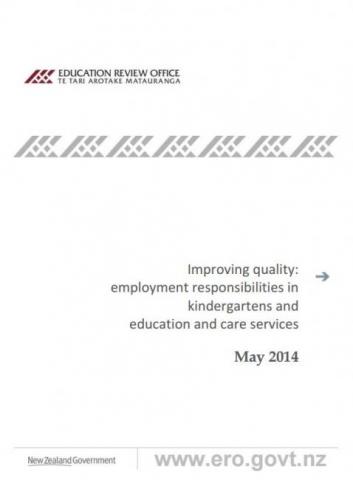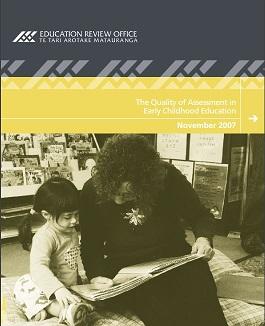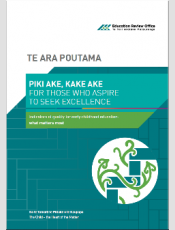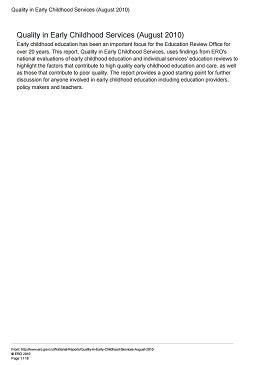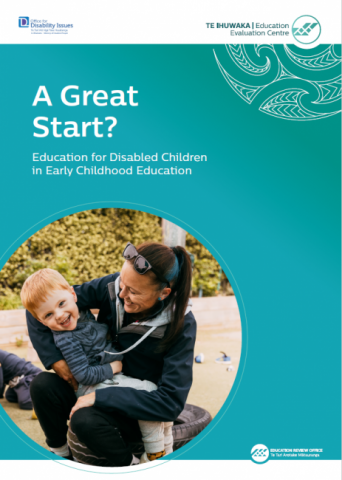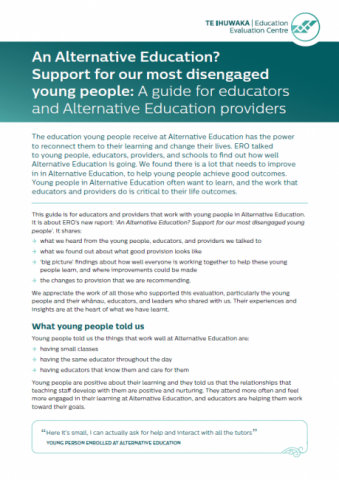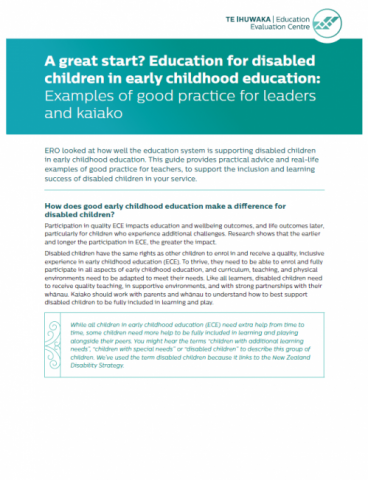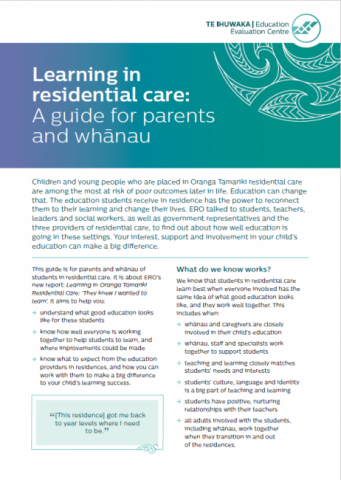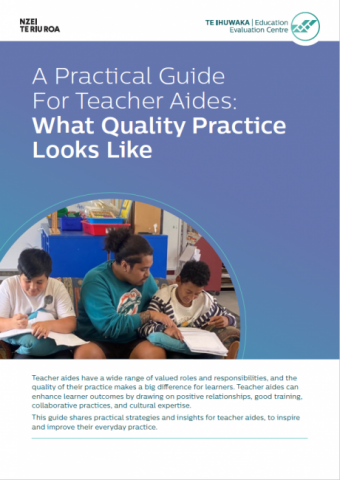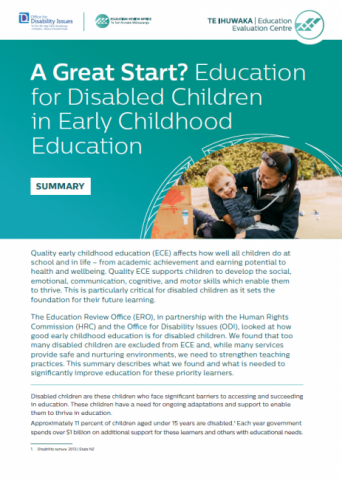Improving quality - employment responsibilities in kindergartens and education and care services
Published: 08 May 2014
This report discusses the effectiveness of employment practices in some kindergartens and education and care services.
- Audience:
- Early learning
- Parents
- Schools
- Content type:
- Research
- Topics:
- Employment practices
- Kindergartens
- Education and care services
